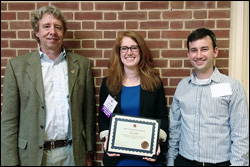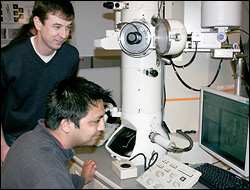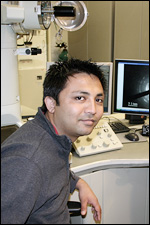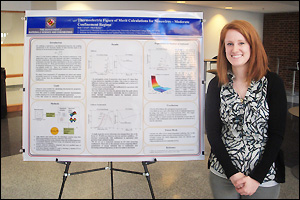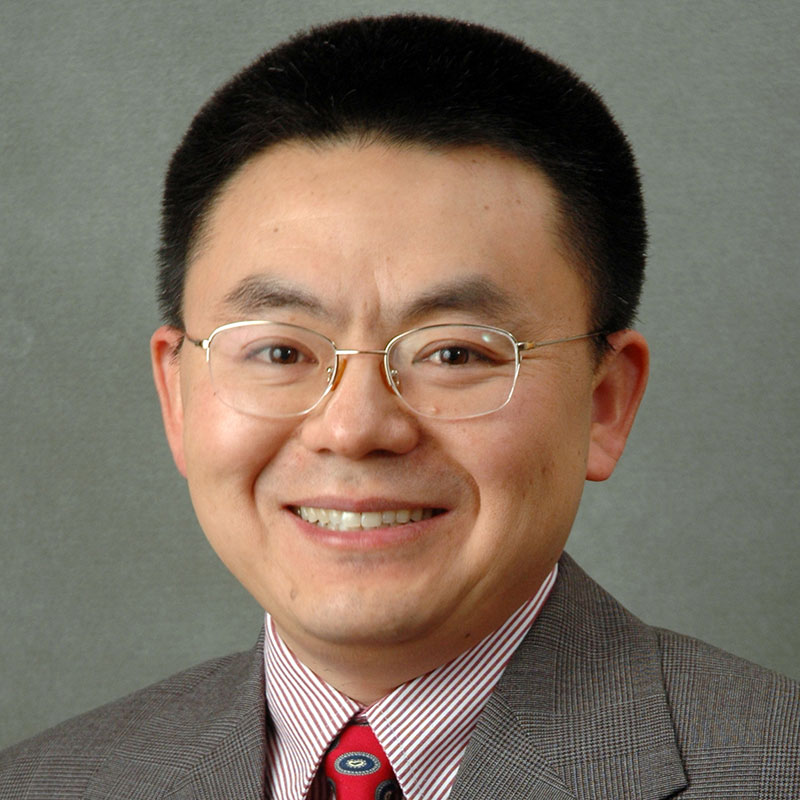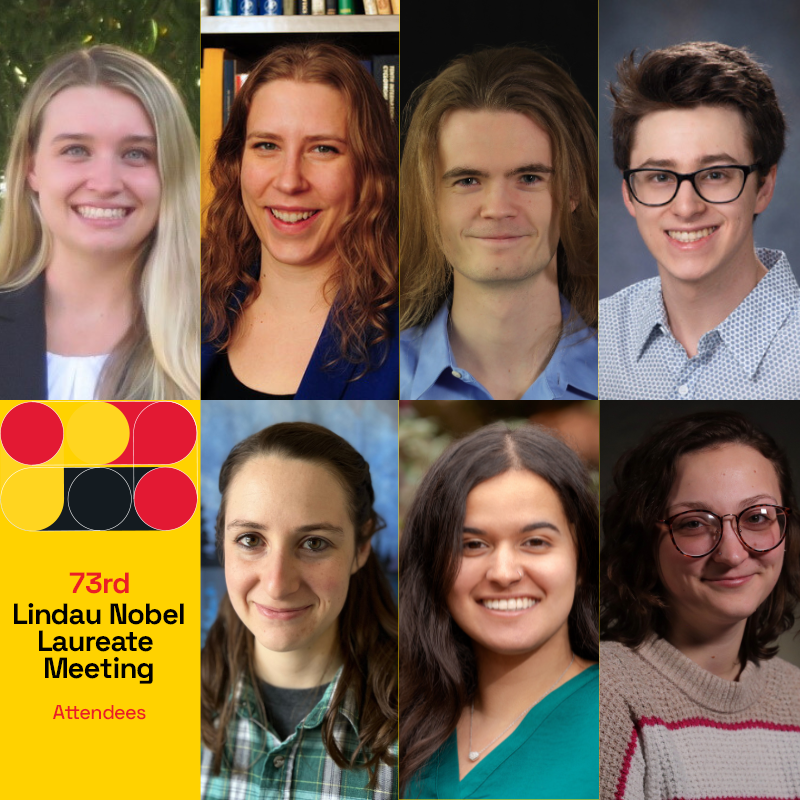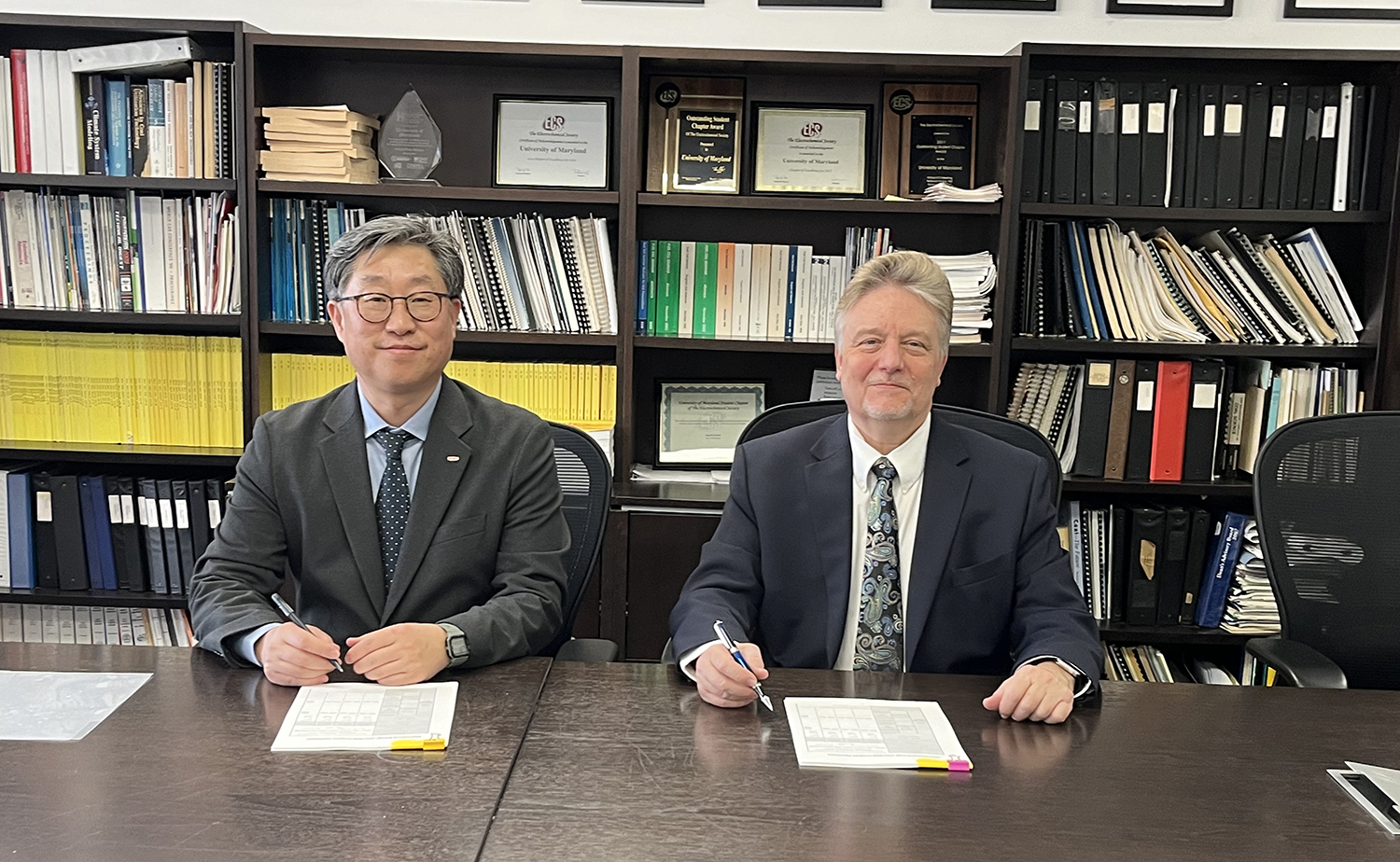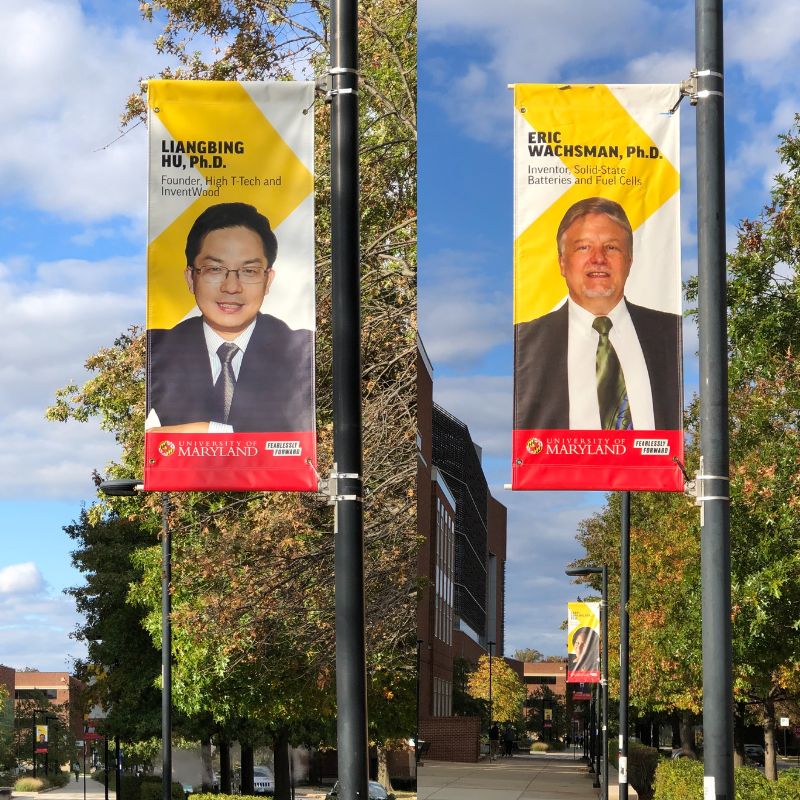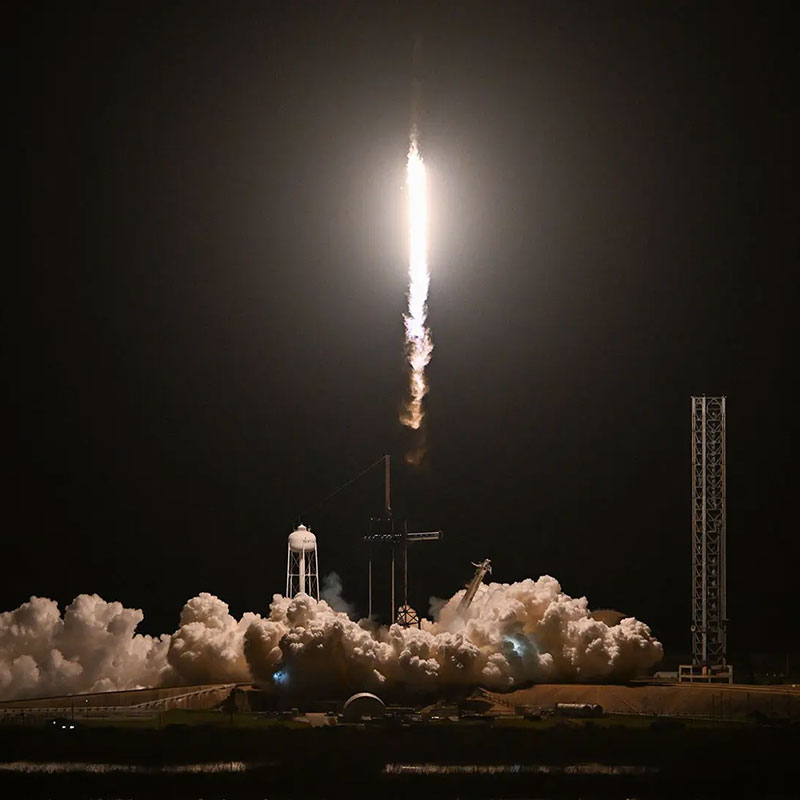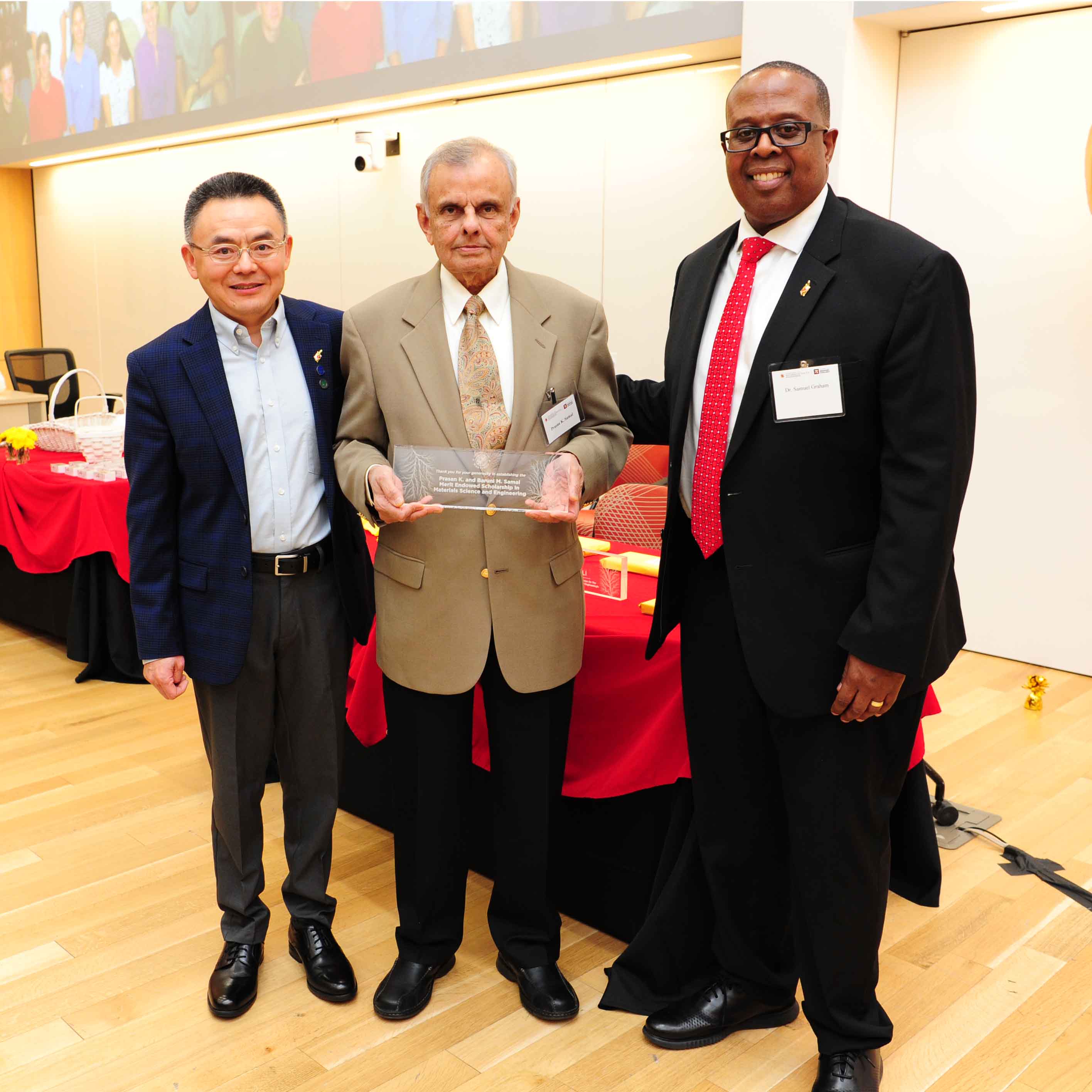News Story
Cornett, Karki Selected for Sustainable Energy Workshop in Ethiopia
Clark School Department of Materials Science and Engineering (MSE) graduate students Jane Cornett and Khim Karki are among only 15 from the U.S. to receive fellowships to attend the first Joint U.S.–Africa Materials Initiative (JUAMI) Materials Research School, to be held in Addis Ababa, Ethiopia, in December 2012.
Funded by the National Science Foundation and the University of California Santa Barbara's International Center for Materials Research, the program will focus on the development of materials for applications in sustainable energy solutions, including photovoltaics, fuel cells, batteries, and photocatalysis. Fifteen leading instructors and researchers from throughout Africa and the U.S. will teach the program's curriculum, which emphasizes problem solving and cultural exchange in addition to scientific topics. The ultimate goal of he school is to help establish collaborations and encourage friendships among approximately 50 students and early-career researchers from top materials science programs on both continents.
"This is a prestigious workshop, an important honor for our students, and a positive reflection of our department," says MSE professor and chair Robert M. Briber.
Cornett, advised by MSE and Institute for Research in Electronics and Applied Physics assistant professor Oded Rabin, studies the thermoelectric properties of nanowires in Rabin's Materials and Interface NanoTechnology Laboratory. Her current and prior work includes studies of waste heat and thermoelectric refrigeration. More recently she and Rabin published an improved model used to calculate the thermoelectric properties of semiconducting nanowires in relation to their radii, which also earned a Best Student Presentation Award from the Materials Research Society. Cornett is an ARCS Scholar and the winner of the 2010 ResearchFest.
Karki, advised by MSE associate professor John Cumings, is a member of both the Cumings Group and the Nanostructures for Electrical Energy Storage (NEES) research program, the university's Department of Energy-sponsored Energy Frontier Research Center (EFRC). The goal of his work is to understand the behavior of new nanostructured materials for lithium-ion battery technology using in situ transmission electron microscopy (TEM) techniques. Karki's new, fundamental insights about what occurs in individual nanoscale battery components during their operation, and of his efforts to create robust nanoscale silicon electrodes, recently earned him NEES' Best Poster and Best Oral Presentation Awards at the group's annual meeting. Outside of the lab, Karki is a member of the Clark School's Future Faculty Program.
For More Information:
Visit the JUAMI Materials Research School web site »
Visit the JUAMI Materials Research School Facebook page »
Published November 8, 2012
